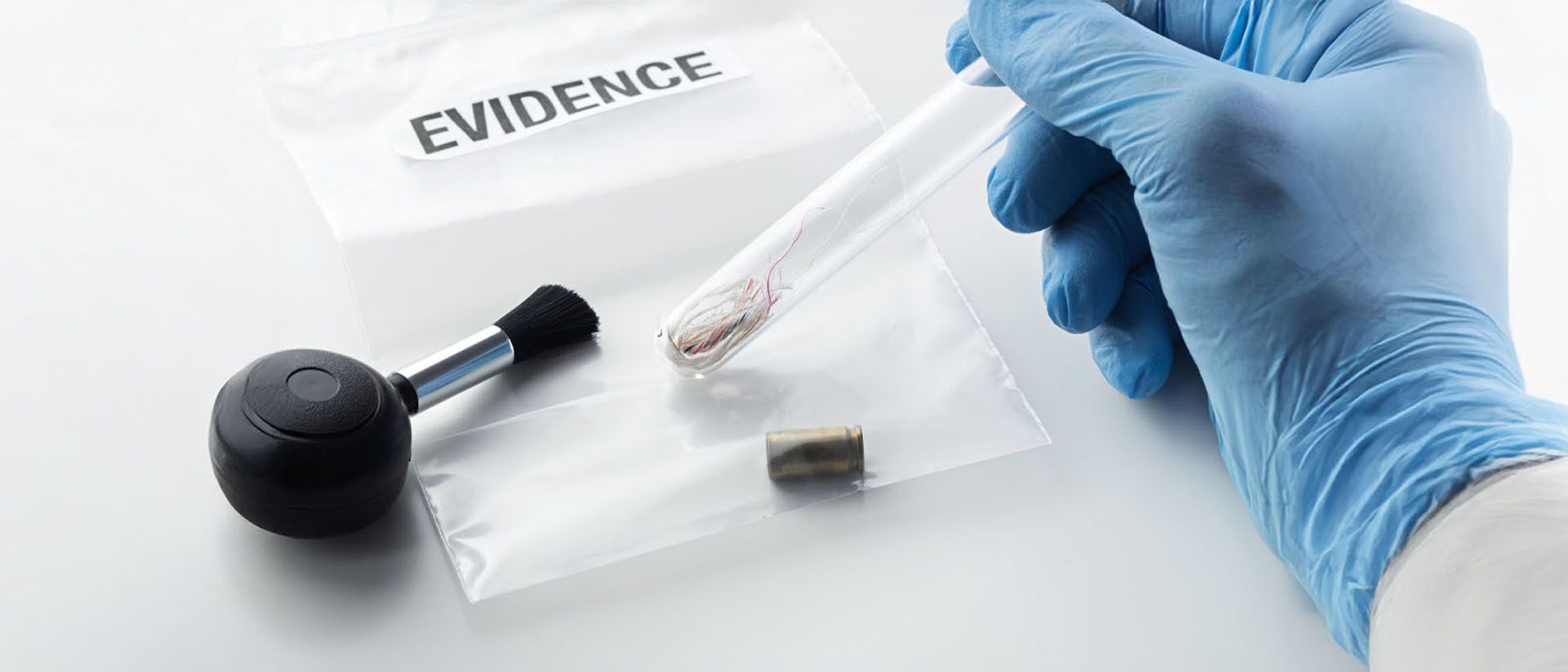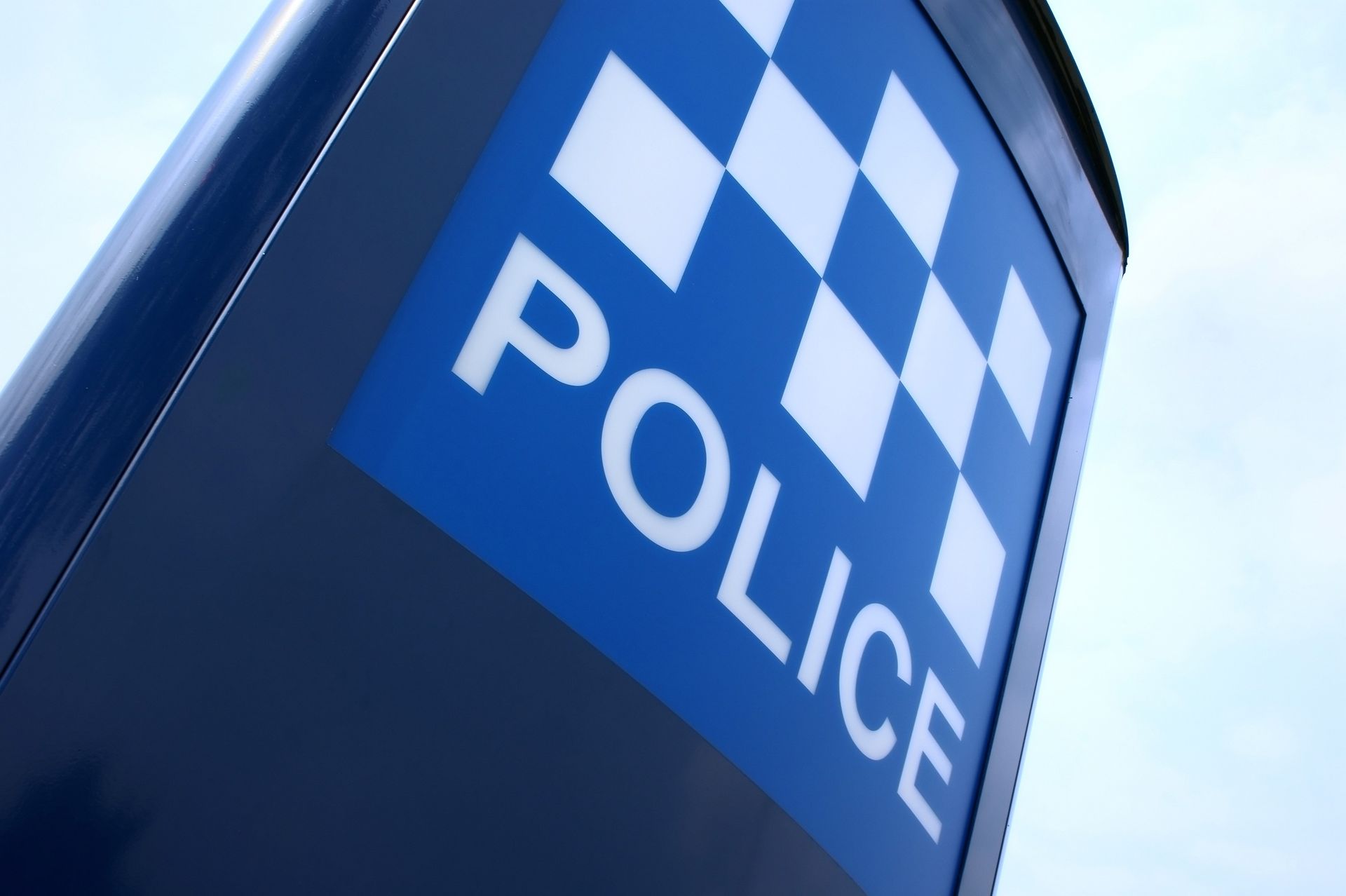Expertise
Coronial Inquests
CORONIAL INQUEST LAWYERS SYDNEY
Criminal Law Specialists
Our team handles all criminal matters, including coronial inquests, as well as cases involving assault, drugs, firearms, affray, and more. We’re here to offer our expertise and ensure your case is treated with care.
24/7 Criminal Law Advice
Across Sydney and the Illawarra region, we are able to provide legal advice at any hour of the day or night, every day of the week. Reach out for a free first consultation on your case.
Top-Tier Team
Our criminal law team is led by a former police officer and senior police prosecutor, giving us exceptional insight into court procedures and the criminal justice system.
Extensive Experience
With extensive experience in the courtroom, we manage most summary matters without the costly addition of barristers, making our services efficient and budget-friendly.
Here To Help
If a loved one’s death is under investigation in a coronial inquest, there’s a possibility that the coroner’s findings may deeply affect you. Our coronial inquest lawyers at Kells Sydney offer expert advice and compassionate representation throughout the entire coronial process, supporting you at each step during this challenging time.
How Can Our Coronial Inquest Lawyers Assist?
A coronial investigation can be emotionally taxing and legally complex. Engaging a skilled legal team like the lawyers at Kells helps ease the burden, giving you confidence and peace of mind throughout the process.
We are experienced in advising and representing individuals in coronial inquests. We understand the legal intricacies involved in these proceedings and are committed to protecting your rights and interests, all while offering the compassion needed to help you through this time.
Frequently Asked Questions
OUR TEAM
Our Expert Lawyers
Get Expert Criminal Law Advice
If you would like to discuss your case with our criminal law team, please get in touch. We are available 24/7 to help you and offer a free initial consultation.
Related Articles
Speak to a Criminal Lawyer
We’ll stand by you and protect your rights every step of the way—no matter the charge.












